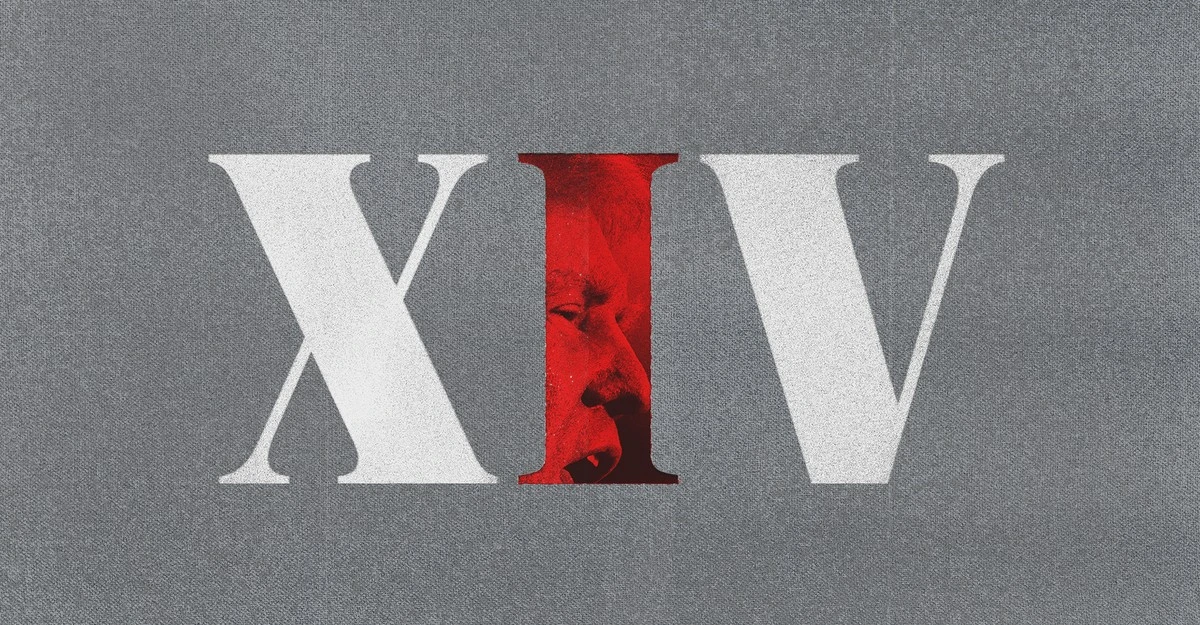As the Colorado Supreme Court wrote, January 6 meets the bar for insurrection “under any viable definition” of the term. The legal scholar Mark Graber, who has closely studied the Fourteenth Amendment’s history, argues that “insurrection” should be understood broadly—an act of organized resistance to government authority motivated by a “public purpose.” That certainly describes the Capitol riot, in which a violent mob attacked law enforcement and threatened members of Congress and the vice president in order to block the rightful counting of the electoral vote and illegally secure the victory of the losing candidate. The historical record also suggests that the amendment’s requirement that a prospective officeholder must have “engaged in insurrection” should also be understood broadly—meaning that Trump’s speech on the Ellipse that morning and his encouragement of the rioters while they smashed their way through the Capitol more than fit the bill.



Article 3 of the 14th is arguably self-executing meaning that it doesn’t require a trial, but only a simple finding of fact. This is because it was intended to bar all former Confederate officers from holding federal office, and it would have been impossible to hold trials and get convictions for all of them.
That’s the historical reading in any case, and it puts the SCOTUS’s originalists --Alito, Thomas, Gorsuch-- in quite the bind since they’re either going to have to find a way to argue that it wasn’t intended to be self-executing, which is pretty absurd on its face, or that it doesn’t apply to the presidency, which is also absurd.
That said, they almost certainly will find a way out of it for Trump, but I’m no expert and don’t have an educated opinion on how they’ll do it.